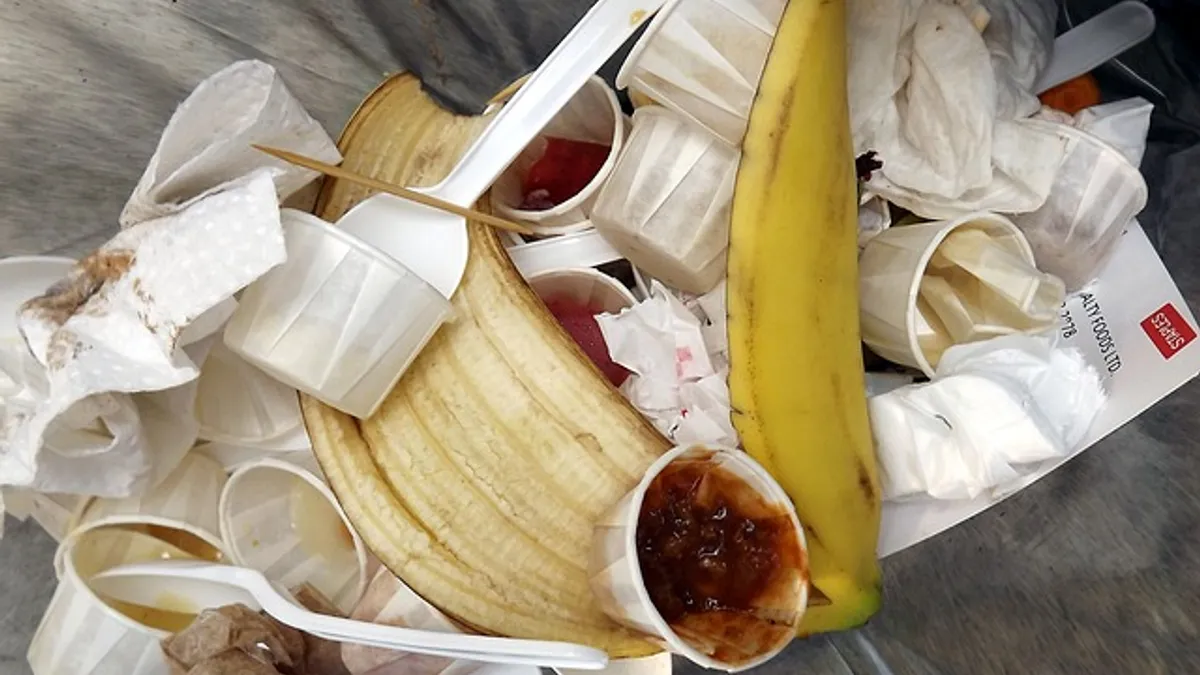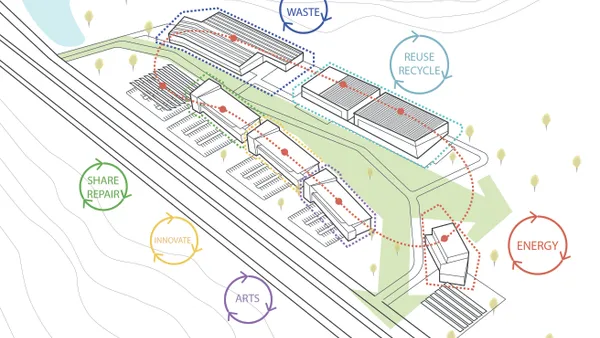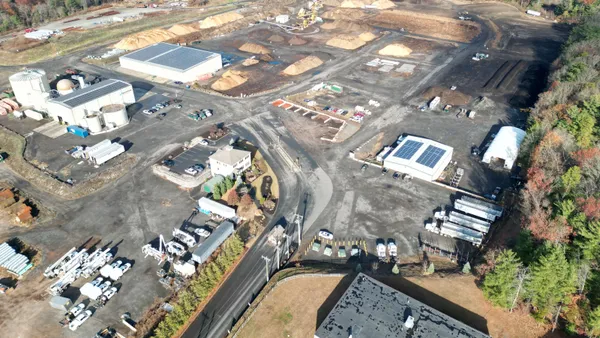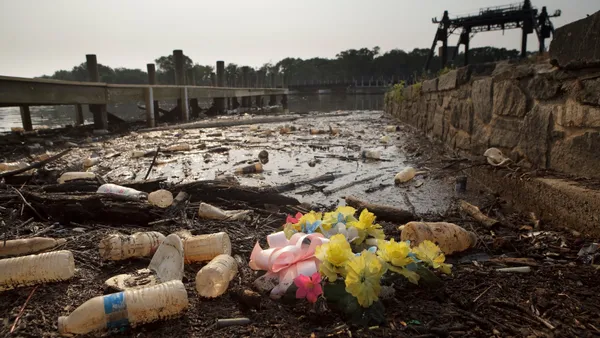Dive Brief:
- Philadelphia, Boston, Chicago, and Milwaukee are all among cities that have adopted in-sink garbage disposals to manage food waste while seeing that the resulting biogas is used to generate electricity, according to CNBC. In the process, scraps are passed through water resource recovery facilities that separate the waste from the water before it’s turned to energy.
- Philadelphia has mandated that in-sink disposers be installed in new homes as of early 2016 following a pilot program between the city and InSinkErator, part of Emerson. Emerson found this method cuts food waste by 30% to 35% while providing a renewable energy source, and during Philadelphia's pilot program, participants put out roughly one less trash bag per week.
- There are problems associated with relying on garbage disposals, such as clogged sinks. And many believe the disposal systems are counterintuitive because they require electricity and water.
Dive Insight:
Food waste is the largest and stinkiest burden to the waste stream and is a big enough problem to call the EPA to action through summits and establishment of tall food waste reduction goals.
Philadelphia is playing its part to try and get a handle on the problem hoping these small household appliances can help manage the city’s mounting garbage—especially among its narrow streets. Still, plumbers tend to encourage people to feed the landfill over the disposer. They and some food scientists argue these appliances are not meant for large food volumes and should not receive some food scraps at all as they will break the disposer and clog pipes. But Michael Keleman, an environmental engineer for Emerson, said they just have to be properly used to their capacity. Some have several grind stages to liquefy any food waste, even chicken bones, fruit rinds, and coffee grounds.
Through its pilot program, Philadelphia found that adopting these appliances citywide could divert about 19,000 tons and save about $1.1 million in waste disposal and related costs every year, as reported in CNBC.
Whether or not there are disagreements on best practices, most stakeholders can all agree that food waste is a big, stinky deal and needs to be reckoned with. 200 cities have even set up curbside food scrap collections to combat the issue in a different way.













